 Issue 11 March 2017
|
Events |
ATREE celebrates World Water Day 2017 |
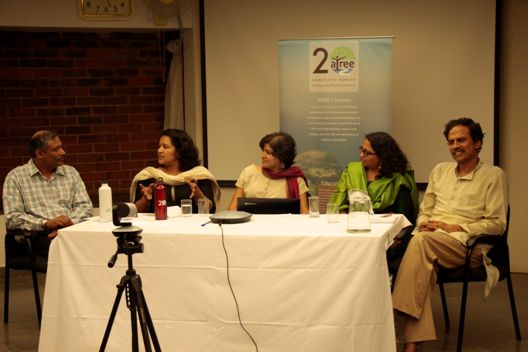 ATREE organised a YouTube Live panel discussion on “Wastewater: a curse or an untapped resource?”, which discussed how wastewater can be recycled and reused in Indian cities. The Hindu reported on the panel discussion: 'Bengaluru reuses a meagre 1% of its waste water'. The Deccan Herald interviewed Dr Sharachchandra Lele about water conservation by urban individuals and institutions. |
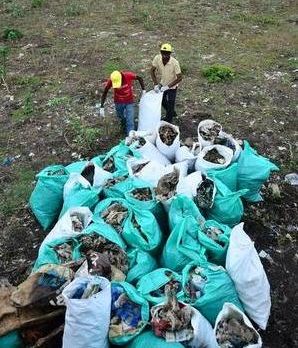 The District Collector of Tirunelveli district, Tamil Nadu, inaugurated the Tamirabarani Wetland Rejuvenation Programme, co-organised by ATREE’s Agastyamalai Community Conservation Centre, Nellai Nature Club, Rotary Club, and the Public Works Department, Government of Tamil Nadu. The Collector urged students and volunteers to actively restore irrigation tanks. TV and print media widely covered the event: |
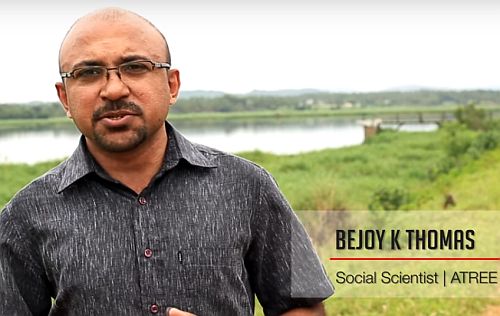 Dr Bejoy K Thomas gave a talk on "Whose water? Challenges and complexities in wastewater reuse in peri-urban Bangalore, India" in the University of British Columbia's Future of Food Global Dialogue Series. |
International Day of Forests |
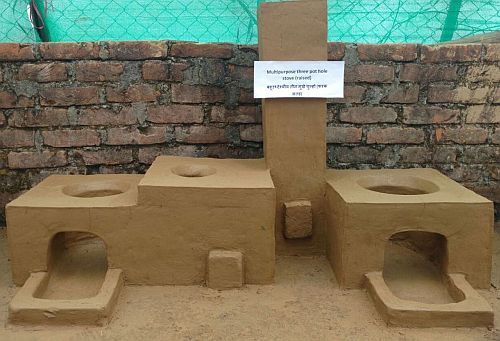 ATREE organised an orientation and demonstration fair to raise awareness about improved cook stoves in Darjeeling. ATREE, in collaboration with the Namsaling Community Development Centre, has installed 635 improved cookstoves and trained more than 250 people in 30 villages of Singalila National Park and Senchal Wildlife Sanctuary. Such cookstoves reduce fuel wood use, carbon emissions, and indoor air pollution. The Darjeeling Chronicle wrote about ATREE’s efforts. |
Workshop on community-led wet waste disposal |
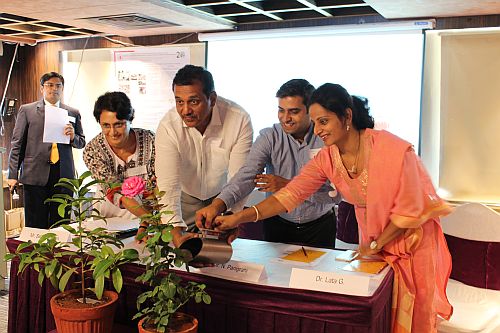 ATREE and the Institute of New Energy and Low-carbon Technology of Sichuan University, Chengdu, China, completed a ten-month study on decentralized solid waste management in Bengaluru. The project was an attempt at plugging gaps in Bengaluru’s Solid Waste Management Policy, focusing on bulk generators. Among the many interesting insights, the project found that it is profitable to invest in apartment-level wet waste composting systems. The dissemination workshop, held in Bengaluru on 10 March 2017, was attended by a wide range of stakeholders and extensively reported by the press: |
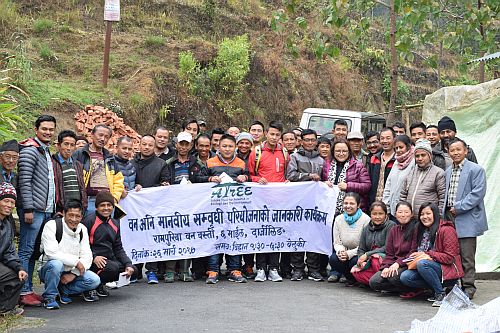 ATREE concluded its five-year project “Integrated approaches to adaptive resilience-based management of forests for supporting agrosystems in the Darjeeling Himalayas”, supported by the Tata Social Welfare Trust (TSWT), with two workshops that shared the findings of work in eight villages near the Singalila National Park and Senchel Wildlife Sanctuary. The Darjeeling workshop on 25 March 2017 was attended by academics and NGOs from Darjeeling, Guwahati, Tripura, Tezpur and Siliguri. The Rampuria workshop on 26 March 2017 was attended by members of Eco-Development Committees, Forest Protection Committees, and Self Help Groups from Rammam and Shrikhola villages from the Singalila National Park area and Johnsonhatta, Rampuria forest village, Rampuria khasmal village, and Rambi from the Senchel Wildlife Sanctuary region. |
Accolades |
 ATREE’s PhD scholar, Nachiket Kelkar has been awarded the prestigious New India Foundation Fellowship for 2017. Instituted in 2004, the Fellowship aims to promote research on post-Independence India. Nachiket’s proposal “Dark reflections: Field notes on people and ecology in Bihar's Gangetic floodplains” was one of nine selected from more than 400 entries. |
PerspectivesDecline in harriers hurts farmers |
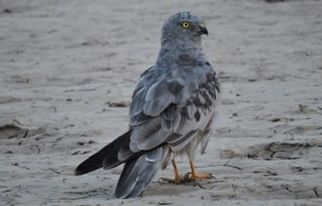 On the occasion of World Wildlife Day 2017, T Ganesh and Prashanth M B explain how the decline in migratory harrier birds hurts Indian farmers. Harriers feed on locusts and grasshoppers that can be harmful to agriculture. But their grassland habitats have shrunk dramatically. We need good science to monitor these migratory birds, protect small patches of grasslands, and involve farmers in their conservation. |
National policy to recover endangered species |
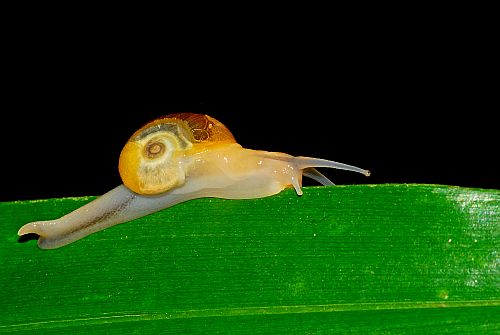 Aravind Madhyastha and G Ravikanth caution that the absence of a national policy to recover endangered species leads to ad-hoc efforts to conserve a few charismatic species. India needs concerted legal action to protect threatened species. |
Fishing in Ganga’s troubled waters |
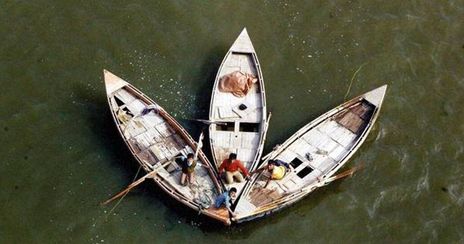 Nachiket Kelkar writes about the complicated relationship between river animals and river people in Bihar’s Gangetic floodplains. "Fish stocks have declined considerably, and embankment construction and waterways development continue to threaten its endangered wildlife. In such a tight space, the relationship between the fishing community and animals teeters somewhere between desperation and animosity." |
Organic certification of Darjeeling tea |
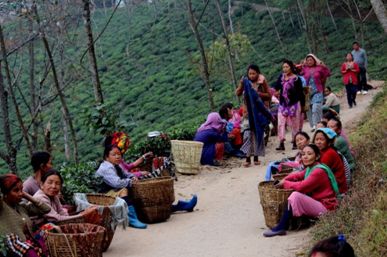 What does going organic mean for biodiversity conservation and human wellbeing, asks Annesha Chowdhury. While organic certifications abound in Darjeeling's tea estates, they tend to be checklist ticking exercises without evaluating actual impacts on the ground. Annesha shows how innovative leadership in one organic tea estate made it possible to meet conservation goals and improve livelihoods. |
Mountain tourism |
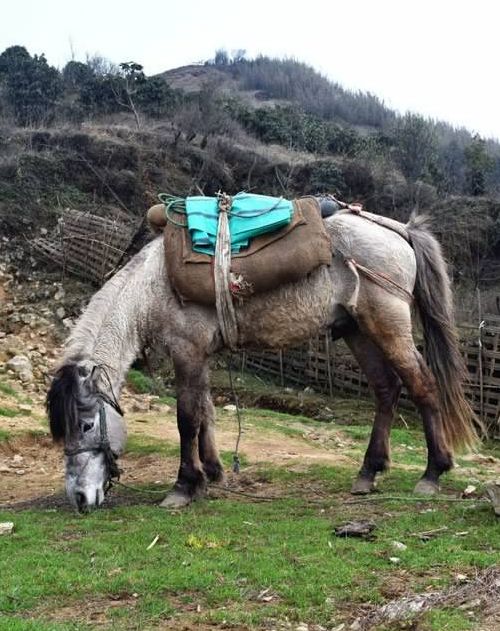 Siddhartha Krishnan examines the socio-cultural implications of tourism in Gorkhey, a beautiful village in the buffer area of Singalila National Park in Darjeeling. "The government has provided tourism entrepreneurial opportunities to Gorkhey. And the community has chosen to use these opportunities well. But since Gorkhey is heterogeneous and socio-economic differences mean that not all residents are able to participate fully in home stay based economy, the government needs to pursue some targeted tourism based welfare schemes." |
In the News |
Urban waste water |
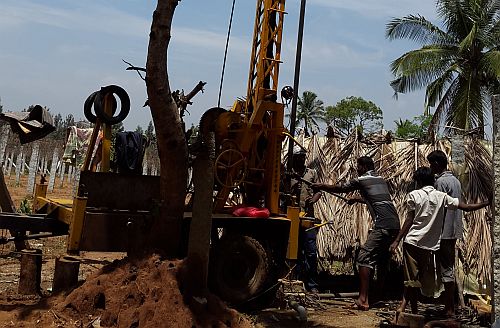 The Bangalore Water Supply and Sewerage Board (BWSSB) has relaxed the requirement of having sewage treatment plants in apartment complexes with 20 to 50 units. Sharachchandra Lele, whose research showed the unviability of this rule, says in The Hindu that the BWSSB is shifting its responsibility for sewage treatment to citizens, and that a system of incentives and subsidies is preferable to penalties. |
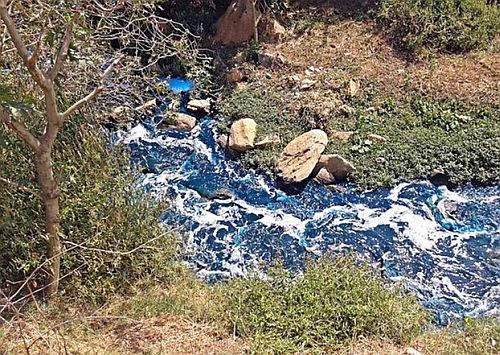 Since dying units were banned along Tamil Nadu’s Noyyal river, several fly-by-night illegal dying units have sprung up in the drying Arkavathy river. However, Sharachchandra Lele points out in The Hindu that pollution by these illegal dyeing units is a relatively smaller problem than the unchecked dumping of hazardous heavy metals by industries in the Peenya area. |
River research |
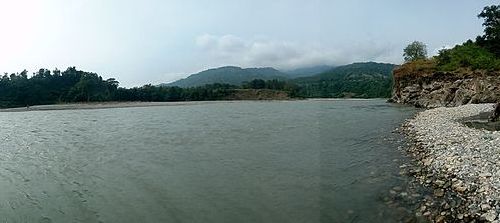 Hindustan reports on ATREE’s new research study - Coupled human and natural systems environment (CHANSE) for water management under uncertainty in the Indo-Gangetic Plain, supported by the Ministry of Earth Sciences, Government of India and the Natural Environment Research Council, UK. The joint India-UK CHANSE project team made a field visit to the Gandak river basin and met government officials, NGOs, scientists, farmers and fisher folk to better understand the water requirements of river ecosystems, agriculture and artisanal fisheries. |
Human-animal conflicts |
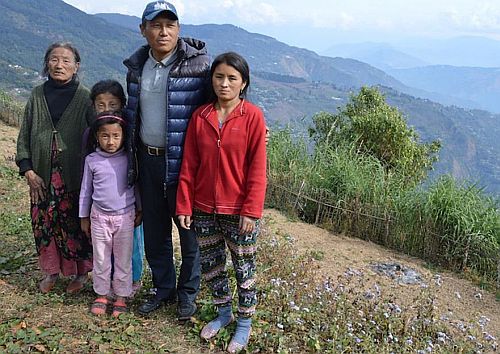 FEJI-ATREE Fellow Athar Parvaiz writes about farmers' distress in Darjeeling as 40% of their crops are lost to raids by wild animals. As a result, entire families are migrating to nearby towns in search of employment. ATREE's North East team has been working with the community to plant shrubs that will act as natural fences. |
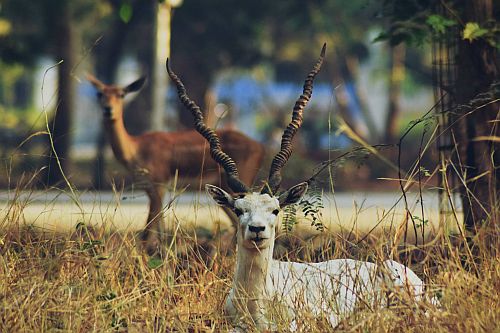 Abi T Vanak comments on the recent killing of blackbuck fawns by dogs in IIT Madras. The population of dogs will continue to rise if people feed them or leave garbage. Sterilisation is a long-term solution which requires sterilizing more than 90% of dogs in a particular area for more than 10 to 15 years. In the short term, the feeding of dogs on campus should be restricted and proper garbage management should be implemented. |
Forest fires rage across Karnataka |
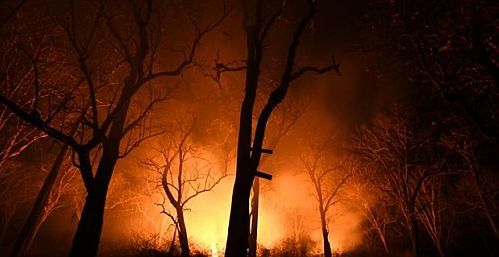 With the onset of summer, Karnataka lost 715 sq km of green cover to forest fires. Sidappa Setty is quoted in the Hindustan Times about the role of the colonial legacy plant, Lantana camara, in forest fires. In the past, small ground fires helped rejuvenate the forest, but the invasive Lantana is contributing to the spread of uncontrollable fires. |
Biodiversity conservation |
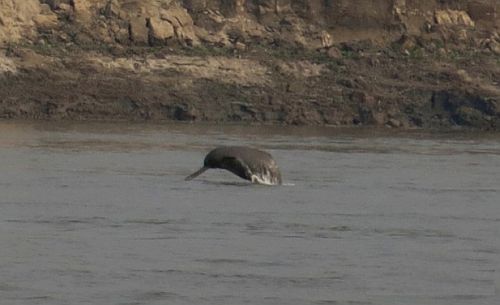 Hindustan and Prabhat Khabar report on ATREE’s dolphin conservation work in the Ganga river. |
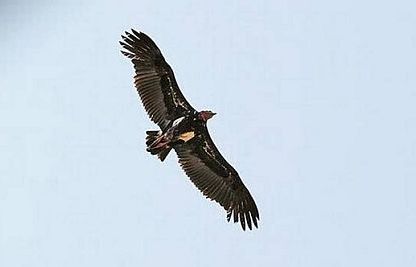 R Venkitachalam is quoted in The Hindu on the need for conservation of the critically endangered red-headed vulture in one of its last refuges, the Moyar Valley. "More than 90 % of the population has already been lost, and there are around four to five pairs in the Moyar Valley. We have also spotted juveniles, indicating that they are breeding." |
Policy importance of taxonomy |
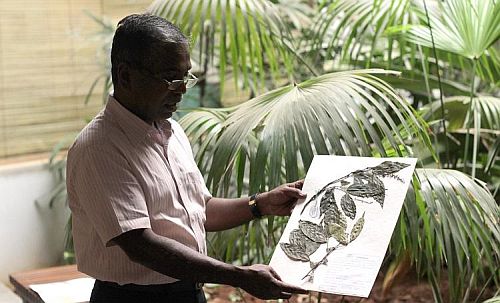 In The Taxa Files, R Ganesan discusses the rewards and challenges of taxonomy. Taxonomy can help identify endangered species, make predictions about climate change, and appreciate the true ecological value of land considered to be arid, barren wasteland. |
Website: www.atree.org |




|